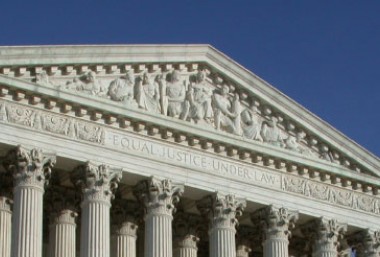The most polarizing provision in SOPA could have forced ISPs, search engines, online payment processors, and others in the USA to prevent consumer access to sites outside the United States if those sites are alleged to infringe intellectual property.
Supporters of SOPA, including many in the music and film industries, claim that the legislation is needed to protect intellectual property. Opponent's of SOPA, including Google and Wikipedia claim that if it becomes law, it could mean the end of freedom on the internet. Wikipedia even proposed a 24 hour blackout to protest against SOPA.
The reaction to SOPA is similar to the reaction in New Zealand to the original form of s93A of the Copyright Act. In that case objections led to a change in the law before it came into force. However, the issues relating to SOPA also extend to claims that it would breach the right to freedom of speech and would be a form of censorship. Therefore, SOPA was viewed by many in the USA as being about those issues rather than the protection of IP.
Even though SOPA may now be dead, the USA is still considering two other pieces of controversial legislation that could affect freedom on the internet in the USA. These are the Online Protection and Enforcement of Digital Trade Act and the PROTECT IP Act. Whether the end of SOPA will also mean the end of those proposed acts is unclear.
